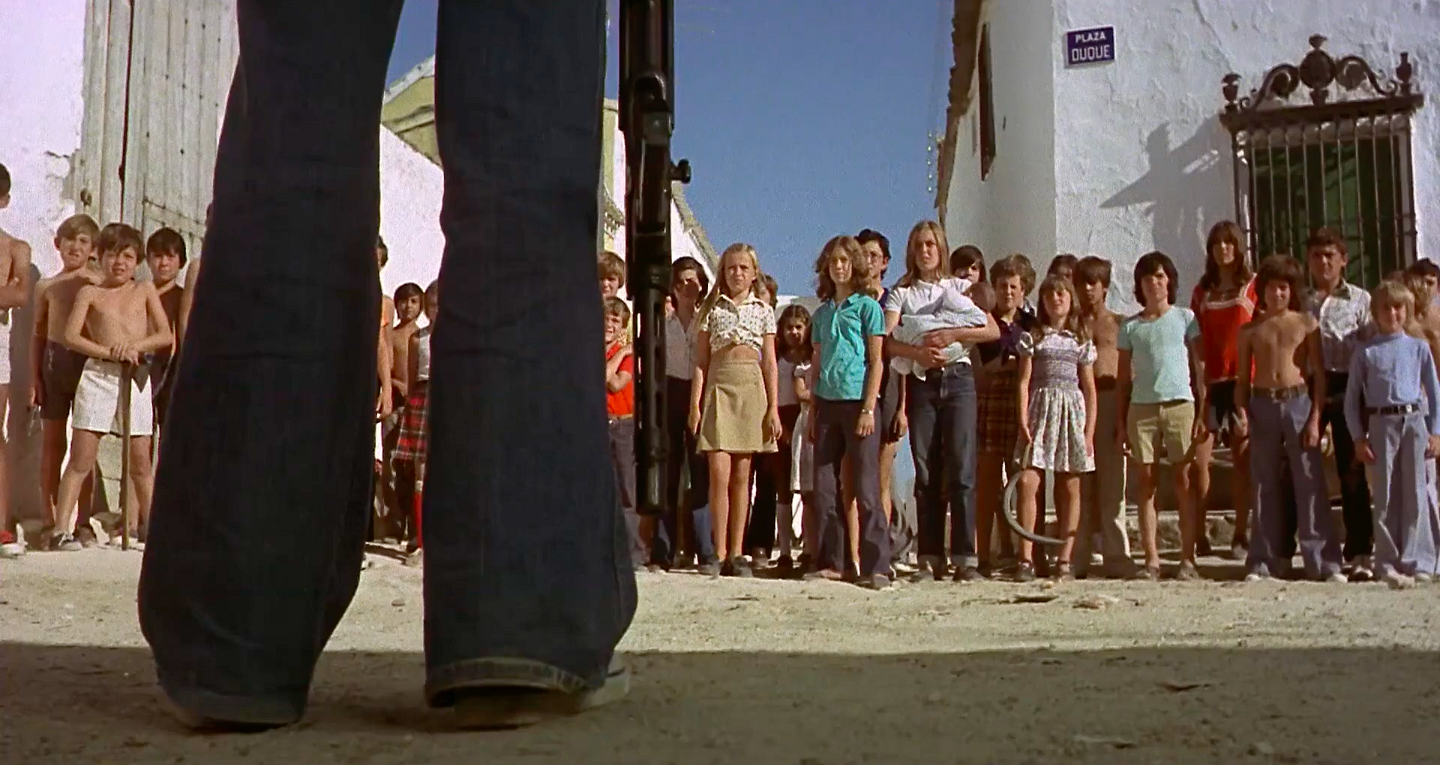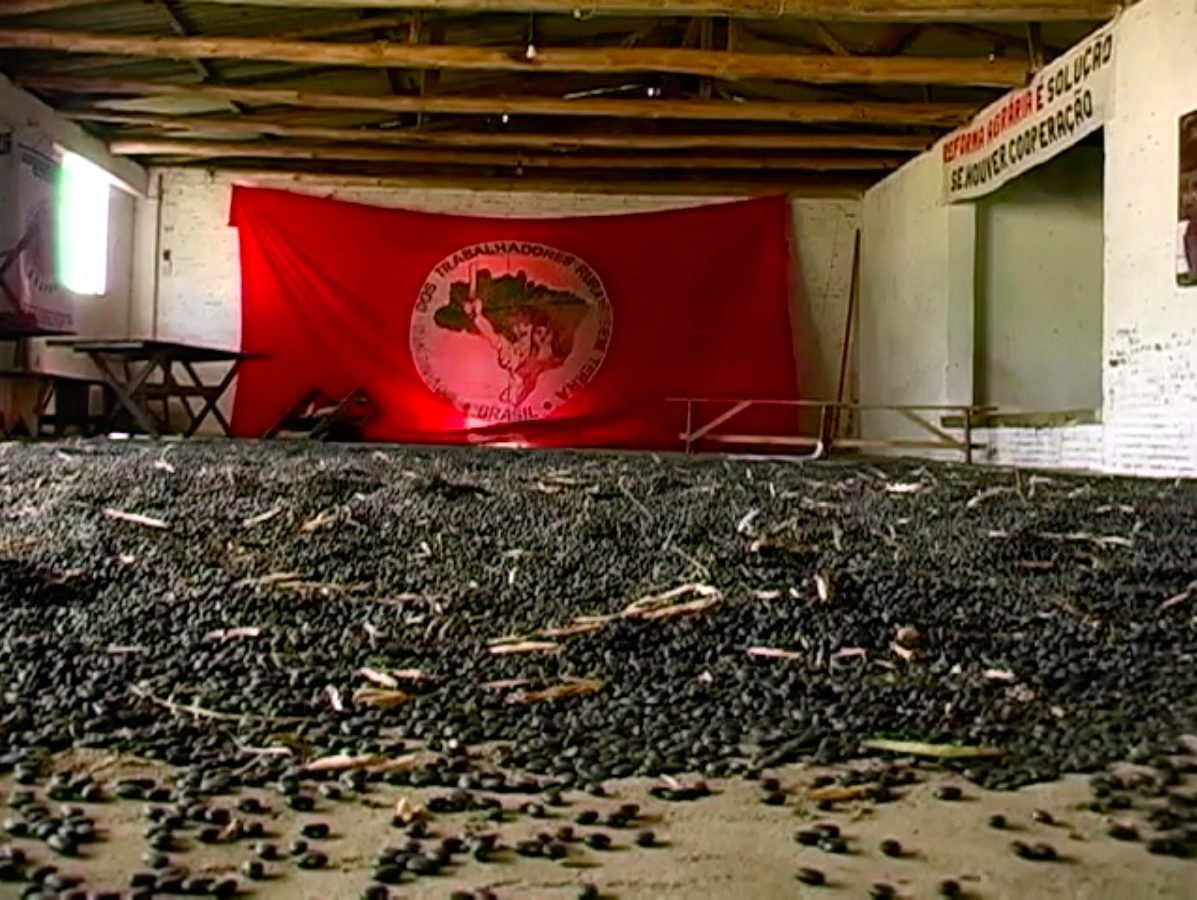Convened by
Adelita Husni Bey
With films by Silvano Agosti, Andreas Hernandez, Khaled Jarrar, Adriana Monti, Sarah Minter, and Narciso Ibáñez Serrador; in conversation with Adelita Husni Bey, Dora Budor, Christina Chalmers and Lea Melandri, Olivia Crough, and Ciarán Finlayson
As for me, I have chosen: I will be on the side of crime. And I will help the children not win access to your houses, your factories, your schools, your laws, and sacraments, but to destroy them.
—Jean Genet, The Criminal Child (1949)
Reflecting upon his time spent at Mettray, a youth correctional facility in France modeled on the German Rauhe Haus (Houses of thee Wild), Genet refuses penance, reform, assimilation, and reconciliation. In this short text written for radio, but censored and never aired, the poet rallies against bourgeois representations of criminality, which only function to reaffirm the morality of reform and the “goodness” of its jailers.
The films in this program are held together by a refusal of innocence: a refusal of containment, of neutralization, and of a morality grounded in the exemplary goodness and docility of its subjects. The subjects of these films have been expropriated and some expropriate in return. In Quién puede matar a un niño?, Narciso Ibáñez Serrador’s island is populated by children who kill adults and cops after being subjected to war. Through Lea Melandri’s “150 hours” course in Adriana Monti’s Scuola senza fine, a mother comes to understand herself as both warden of her child and prisoner of her own motherhood. Frank, the eight-year-old boy interviewed by Silvano Agosti in D’amore si vive, decries the world he was born into and declares “making love” as a clear-eyed act of defiance against the prison of salaried work he is yet to experience. In Sarah Minter’s Nadie es inocente, a group of teenage punks rebuke orders and the conscriptions of “normality.” Palestinian youth refuse an imposed and militarized border in Khaled Jarrar’s Infiltrators, just as members of Brazil’s Landless Workers Movement (MST) in Andreas Hernandez’s Soil, Struggle and Justice refuse the expropriation of waged labor, dispossession, and poverty through occupying latifundios.
If innocence is the precondition for care in liberal societies—whereby an imagined purity and passivity are necessary attributes of social cohesion and order, and unruly expressions of rage are immediately othered and violently repressed—then one has to be unthreatening in order to appeal to a liberal politics of recognition. Yet the subjects of these films commit criminal acts, oneirically and practically, against history, against their assigned roles, against super-exploitation and arbitrary confinement. For them, following Genet, the position of the unreformed is the only position.
I want to extend this argument as part of the process of a political education, where the practice of unlearning a subject’s place in the world unleashes a capacity for threat. The characters in these films fuck with what it means to be a mother, a farmer, a housewife, a child, a prisoner—for some, the consequences are harsher. As witnesses, voyeurs, or voleurs, the audience is an accomplice in the process of recasting, of carving an illicit place out of a classroom, a field, a kitchen, a border wall.
This moment of mass grief, acompanied by a clear, mediatized unveiling of who can be subject to injury and who has the luxury of protection, has thrown a spanner in the reproduction of innocence as a metonym for cohesion. Within this era of decline and deceleration, I want to present narratives that challenge paradigms of purity as well as produce resistances based in expansive and illicit politics, and in adulteration, sensuality, and dirt.
—Adelita Husni Bey
Unreformable is a program of films and accompanying texts convened by Adelita Husni Bey as the eighth cycle of Artist Cinemas, a long-term, online series of film programs curated by artists for e-flux Video & Film. Unreformable runs in six weekly episodes from October 18 through November 28, 2021, streaming a new film each week accompanied by a commissioned interview or response published in text form.






